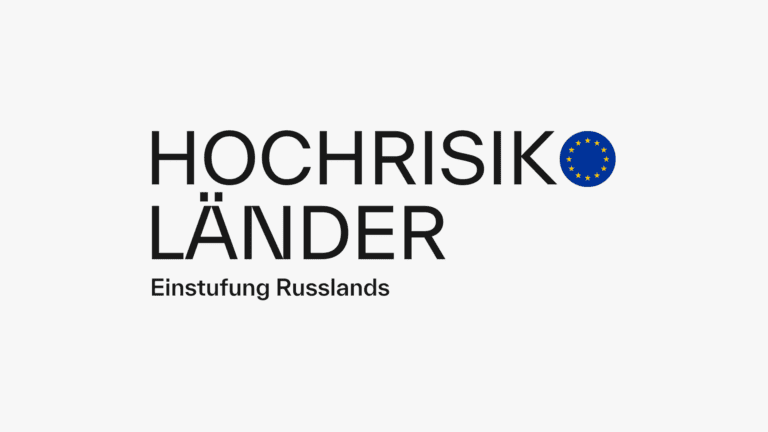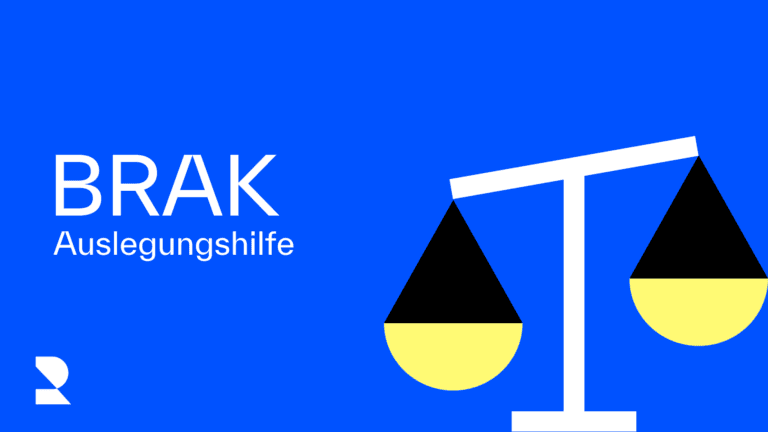What Are the Requirements Under the Money Laundering Act?
Under the German Money Laundering Act (GwG), companies must fulfil various obligations. A comprehensive risk management system must be implemented. Employees must be trained, clients or customers must be identified, and the information provided must be thoroughly verified. All processes must be documented. If there is any suspicion of money laundering or terrorist financing, it must be reported immediately to the Financial Intelligence Unit (FIU), a special unit within the customs authority.
Hardly Any Suspicious Activity Reports from the Non-Financial Sector
According to the latest annual report by the FIU, almost all suspicious activity reports still come from the financial sector. As the authority responsible for receiving such reports, the FIU publishes annual statistics. While the financial sector submitted a total of 112,439 reports, only 1,512 were submitted from all other non-financial sectors combined. This means that only 2% of reports come from non-financial sector companies. For instance, lawyers submitted just 21 reports, and notaries only 17 in the entire year of 2019.
Practical Implementation Problems
The low number of reports from the non-financial sector is largely due to a lack of awareness about the complex legal requirements. Many obligated companies do not know what measures they need to take under the Money Laundering Act. Expert Wende explains: “When actors from the non-financial sector try to comply with the legal obligations, the often difficult-to-understand rules lead to practical implementation problems.” He emphasizes that the risks for non-financial companies should not be underestimated: “Criminals don’t just launder money through bank accounts — they also purchase cars, real estate, jewellery, and watches. They also make use of services from lawyers and tax advisors.”
What Will Change in the Future?
Regulatory authorities are expected to tighten controls. “This year, for example, several regional bar associations have requested comprehensive information from lawyers about their anti-money laundering measures,” says Wende. In cases of non-compliance, companies and law firms could face fines of up to one million euros — fines in the financial sector may be even higher. A particularly severe measure is the “naming and shaming” mechanism, which entails publishing the names of the company and the responsible individuals on the websites of supervisory authorities. For those affected, this can often be existentially threatening.



